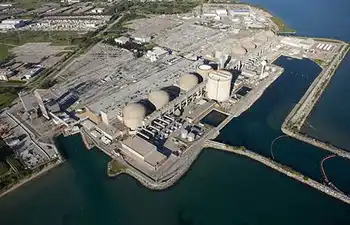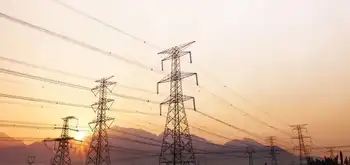The Canadian Electricity Association Releases a Roadmap to Climate Change Adaptation
“Canada’s electricity sector is a world leader in clean energy generation and, as a critical energy producer for Canada, we must be prepared to adapt to changing climate realities,” said the Honourable Sergio Marchi, CEA President and Chief Executive Officer. “This report is the first national level discussion on climate change adaptation in the electricity sector. With it, the CEA continues to be an active player in Canada’s climate change discourse and green energy solution.”
The long-term climate change trend is clear. It is expected that greenhouse gas emissions will continue to rise and, as a result, climate impacts will become more frequent and more intense. Over the next 20 years, as Canada looks to invest the estimated $350 billion needed to renew aging infrastructure, climate adaptation considerations will be crucial to building a strong and resilient sector that is able to serve Canadians for generations to come.
“The government welcomes the Canadian Electricity Association’s recommendations on the collaborative and innovative approaches to address the risks and opportunities that climate change presents to Canada’s electricity sector,” said the Honourable Jim Carr, Canada’s Minister of Natural Resources. “Resilience and adaptation will be important elements of a pan-Canadian framework to address climate change and are a foundational part of our trilateral work with the U.S. and Mexico.”
The report stresses that greater clarity in climate change data and modelling methods as well as the development of corporate governance tools and structures is needed to successfully incorporate adaptation considerations into planning and investment decisions. The report also calls for greater collaboration amongst the stakeholders responsible for ensuring the resilience of CanadaÂ’s electricity network, including federal, provincial, territorial and municipal governments system operators electricity companies electricity regulators as well as customers and citizens.
#google#Related News

Ontario will refurbish Pickering B NGS
TORONTO - The Ontario government has announced its intention to revitalize the venerable Pickering nuclear power station, which has been operational for over fifty years. This move could extend the facility's life by another 30 years.
This decision is timely, as Ontario anticipates a significant surge in electricity demand in the forthcoming years. Additionally, all provinces are grappling with new federal mandates for clean electricity, necessitating future power plants to achieve net-zero carbon emissions.
Todd Smith, the Energy Minister, is expected to endorse Ontario Power Generation's proposal for the plant's overhaul, as per a preliminary version of a government press release.
The renovation…





